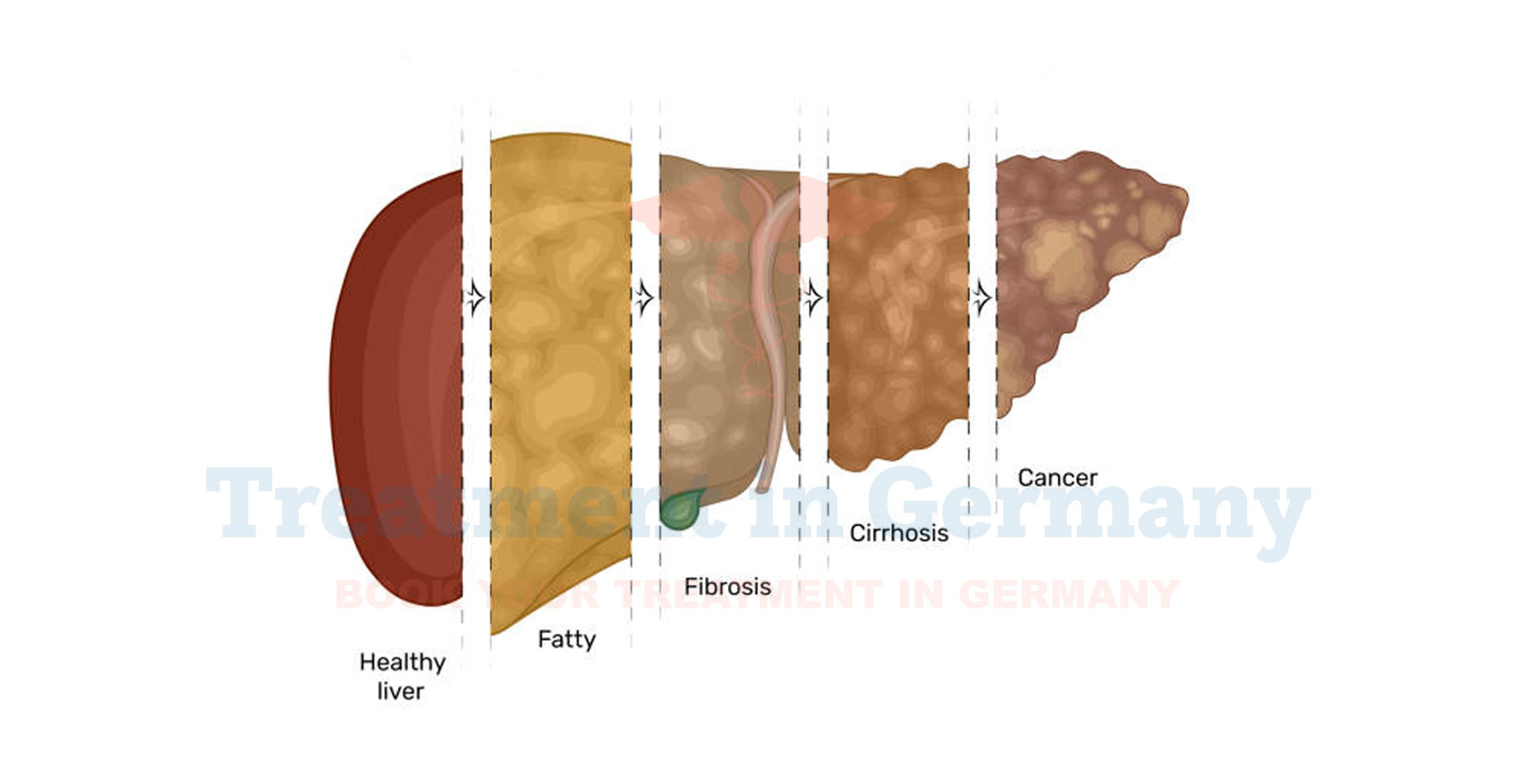What is Liver Disease?
Liver disease refers to any condition that affects the liver, impairing its normal functions. The liver plays a crucial role in digestion, detoxification, and metabolism.
When it is diseased, these functions can be compromised, leading to various health issues.
Side Effects of Liver Disease
The symptoms of liver disease can vary widely depending on the specific condition and its severity. Common symptoms include fatigue, jaundice (yellowing of the skin and eyes), swelling in the abdomen or legs, nausea, vomiting, and loss of appetite.
Advanced liver disease can lead to complications such as liver failure, cirrhosis, or even liver cancer.
How is Liver Disease Diagnosed?
Diagnosing liver disease typically involves a combination of medical history review, physical examination, and diagnostic tests.
Doctors may perform blood tests to check liver enzyme levels and function, imaging tests such as ultrasound or MRI to visualize the liver, and sometimes a liver biopsy to examine a small sample of liver tissue for signs of disease.
Potential Treatments for Liver Disease
Treatment options for liver disease depend on the underlying cause and the stage of the disease. Common treatments include:
👉 Contact us for further information and receive a complimentary consultation.


.webp)
 (1).webp)

.webp)
 (1).webp)


.webp)
 (1).webp)

.webp)
 (1).webp)
